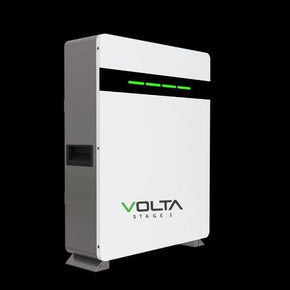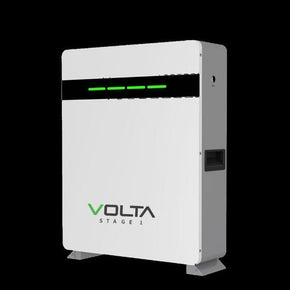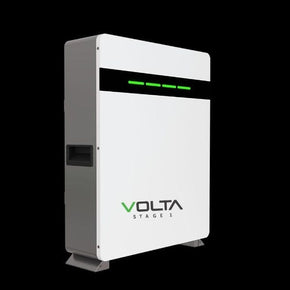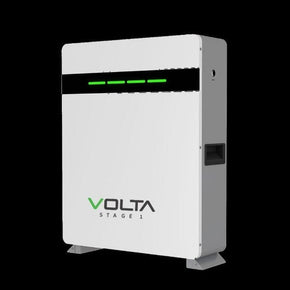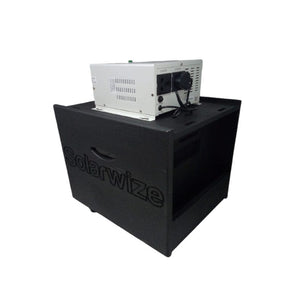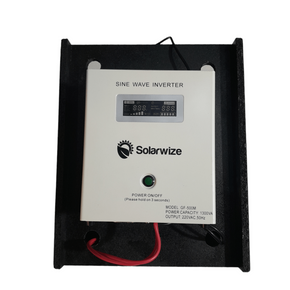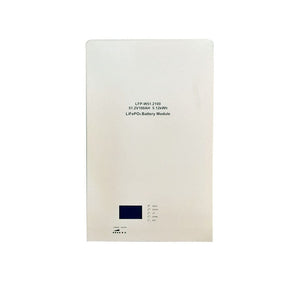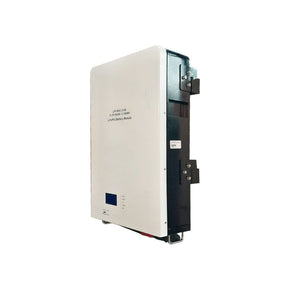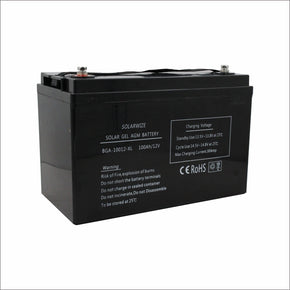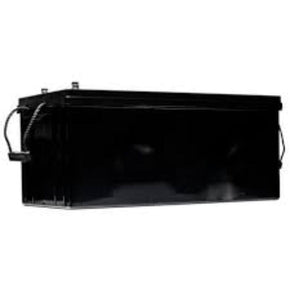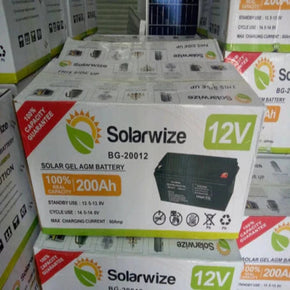- No products in the cart.
Browse Categories
-
Home Appliances
-
Small Appliances
- Audio Visuals
-
Bedlinen & Bathroom
- Decor
- Sewing Machines
- Dress Fabrics, Haberdashery
-
Electronics & Cellphones
- Tech & Gaming
-
Kitchenware & Cleaning
-
Curtaining, Upholstery & Blinds
-
Furniture
- Catering Equipment
-
Fashion
-
Lighting & Hardware
- Solar Solutions
- Luggage & Bags
-
Camping & Outdoor
-
Baby & Toys
- Rugs & Flooring
- Stationery
- Clearance Sales Clearance Sales
- Sort by
- FILTER BY PRICE
-
-
Below $100.00
-
$100.00-199.00
-
$200.00-299.00
-
$300.00-399.00
-
$400.00-499.00
-
Above $500.00
-
- FILTER BY COLOR
-
-
- FILTER BY SIZE
-
-
S
-
M
-
L
-
XL
-
2XL
-
3XL
-
- FILTER BY BRAND
-
-
Adidas
-
Camel
-
Motorola
-
Rolex
-
Samsung Galaxy
-
Seiko
-
Sony
-
Solar Batteries for Sale
Shop our range of solar batteries for sale at MHC World. Buy online and receive free delivery over R3500 & within a 30km radius from our store.
Apart from our batteries for sale, we also offer inverters, solar panels, and solar accessories.
The demand for renewable energy has grown rapidly in recent years, with solar cells and batteries, as available at MHC World, emerging as vital components in both residential and commercial solar systems.
These technologies make it possible to capture, store, and use clean energy, reducing dependence on traditional power sources while also helping to manage electricity costs.
MHC World offers a variety of affordable and reliable options, enabling customers to make a smart purchase without compromising on performance. Understanding how these products work, the different styles available, and their benefits can help you buy the best solution for your needs at a fair price.
What Are Solar Cells and Batteries
Solar cells, often referred to as photovoltaic (PV) cells, are devices that convert sunlight directly into electricity. They are typically arranged into panels that can be installed on rooftops, open land, or even integrated into portable devices. Solar batteries, on the other hand, are storage units that allow excess electricity generated by solar cells to be saved for later use.
While solar cells produce energy only when sunlight is available, batteries make it possible to use that energy at night, during cloudy weather, or in the event of a power outage. Together, they form a complete renewable energy system that can work independently or in combination with the national grid.
How Do Solar Cells and Batteries Work
Solar cells work by using semiconductor materials, most often silicon, that absorb photons from sunlight. This process excites electrons, creating a flow of electricity known as direct current (DC). Since most household appliances require alternating current (AC), an inverter is used to convert DC into AC.
Solar batteries store the unused energy generated during daylight hours. They work by using chemical reactions to hold and release electrical charge. When solar energy production exceeds immediate demand, the surplus is directed into the battery.
Later, when production is low or non-existent, the stored power is drawn from the battery to meet energy needs. This allows for a more consistent and efficient use of solar power.
Benefits and Disadvantages of Solar Batteries
Solar cells and batteries can reduce electricity bills, provide energy independence, and contribute to environmental conservation by lowering carbon emissions. Solar batteries, in particular, offer resilience during grid failures, making them valuable for both urban and remote settings.
There are some disadvantages to consider. The upfront price of installing solar panels and batteries can be significant, though long-term savings often outweigh initial costs. Solar power generation depends on sunlight availability, which means efficiency may be lower during certain seasons or weather conditions. Batteries also have a finite lifespan and will eventually need replacing.
How Solar Batteries Enhance Modern Living
In the past, solar power was only available when the sun was shining, which limited its practicality. Today, batteries allow homeowners and businesses to store excess energy for later, ensuring a constant supply of electricity regardless of time or weather.
This capability enhances modern living in several ways. Families can run appliances at night without drawing power from the grid. Businesses can continue operations during power cuts, avoiding downtime and financial losses. Even outdoor and recreational activities benefit, with portable battery packs making it possible to run equipment in remote areas.
By integrating solar batteries into a system, energy management becomes more efficient, allowing users to take advantage of lower energy tariffs or even sell surplus electricity back to the grid in certain regions.
Who Would Gain From Buying Solar Cells and Batteries and Why
Homeowners looking to cut electricity costs can reduce reliance on grid power, while those in rural or off-grid locations can gain a reliable source of energy. Businesses can ensure continuity during outages, protecting revenue and productivity.
Environmentally conscious consumers may buy these products to reduce their carbon footprint, supporting a cleaner energy future. Governments and institutions may also integrate solar systems to lower operational costs and demonstrate a commitment to sustainability.
Outdoor enthusiasts, such as campers or boat owners, can use portable solar cells and batteries to run devices far from conventional power sources. For all these groups, MHC World provides options at various price points, making it possible to find the best and most affordable solution for specific needs.
Different Types and Styles of Solar Batteries and their features
Solar cells and batteries come in several types, each with unique features.
· Monocrystalline Solar Cells: Made from a single crystal structure, offering high efficiency and a sleek appearance. They tend to perform better in low-light conditions but can be more expensive.
· Polycrystalline Solar Cells: Made from multiple crystal fragments, generally less expensive but with slightly lower efficiency.
· Thin-Film Solar Cells: Lightweight and flexible, making them suitable for unusual installations or portable devices, though they typically offer lower efficiency than crystalline cells.
· Lithium-Ion Batteries: Popular for their long lifespan, high efficiency, and fast charging capabilities.
· Lead-Acid Batteries: A more affordable option, though heavier and with a shorter lifespan compared to lithium-ion.
· Flow Batteries: Offer long life and can handle large-scale energy storage, often used in commercial settings.
What is the Lifespan of Solar Cells and Batteries, and How Can You Extend It
High-quality solar cells can last 25 years or more, though their efficiency may gradually decline over time. Solar batteries have a shorter lifespan, typically ranging from 5 to 15 years, depending on type and usage patterns.
To extend the lifespan of solar cells, regular cleaning to remove dust and debris is important, as dirt can block sunlight and reduce efficiency. For batteries, avoiding complete discharges and maintaining them in a temperature-controlled environment can prolong performance.
Regular inspections can also help detect and resolve small issues before they become costly problems.
How to Choose Solar Batteries
Firstly, understand your energy needs. A small household may require a different system than a business with high electricity consumption. Assess your daily usage, the amount of sunlight your location receives, and whether you want to store excess power for later use.
It is also important to match components for compatibility. Not all batteries work with every type of solar panel or inverter, so check specifications carefully before making a purchase. While it may be tempting to focus only on price, the cheapest option is not always the most cost-effective in the long run.
Look for products with strong warranties, positive customer reviews, and proven performance.
Top of Form
Best Brands of Solar Batteries Available on MHC World
At MHC World, you can purchase all reputable brands of Solar Cells or Batteries, including Prime Energy, Volta, and others, at a reasonable price.


